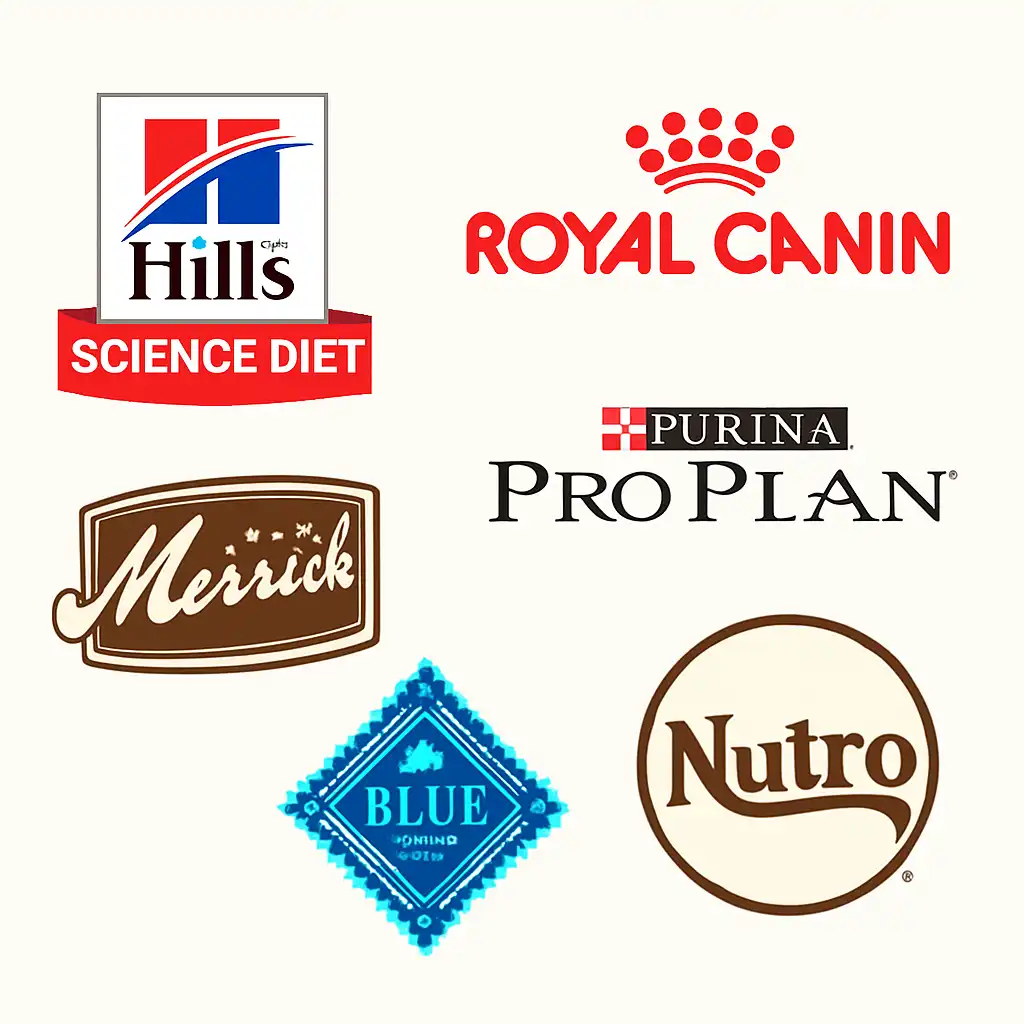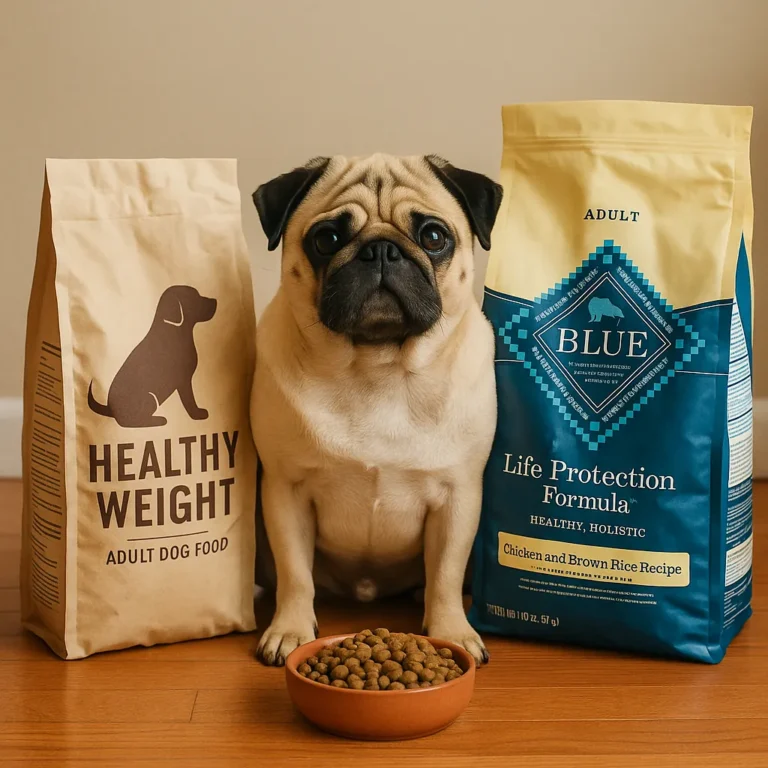Best Dog Food Brands Recommended by Vets for Healthy, Happy Pugs

Feeding your pug the right dog food isn’t just about keeping them full—it’s about supporting their unique health needs and keeping them thriving for years to come. With their compact bodies and sensitive systems, pugs benefit from high-quality ingredients that promote digestive health, support joint function, and help maintain a healthy weight. That’s why choosing one of the best dog food brands recommended by vets can make a world of difference in your pug’s well-being.
Why Vet-Recommended Dog Food Matters
Veterinarians understand the nutritional needs of different breeds, including the specific concerns that come with owning a pug. Vet-recommended dog food brands are typically backed by scientific research, rigorous testing, and balanced formulas tailored to support your dog’s overall health. For pugs, that means food that helps manage their predisposition to obesity, breathing difficulties, skin issues, and dental health.
Key Nutritional Needs for Pugs
Pugs have several breed-specific dietary requirements. Their short snouts (brachycephalic structure) make chewing difficult, so kibble size and texture are important. They’re also prone to allergies and can benefit from limited ingredient diets with high-quality protein sources. A good formula for pugs often includes:
- Omega-3 fatty acids for skin and coat health
- Antioxidants for immune support
- Probiotics for healthy digestion
- Glucosamine for joint support
Top Vet-Recommended Dog Food Brands for Pugs
Hill’s Science Diet – Small Paws for Small Breeds
This brand is frequently recommended by vets due to its clinically tested formulas. The Small Paws line is perfect for pugs, featuring small kibble and a recipe packed with omega-6 fatty acids, antioxidants, and quality protein for muscle maintenance.
Royal Canin – Pug Adult Breed Health Nutrition
Formulated specifically for adult pugs, this food features a tailor-made kibble shape designed for their unique jaw structure. It includes nutrients to support skin health, reduce inflammation, and promote weight management.
Ziwi Peak – Air-Dried Nutrition with a Natural Edge
Ziwi Peak is a premium New Zealand dog food brand that air-dries its high-quality ingredients to retain nutrients. With a focus on meat, organs, and bone, it’s free from fillers and grains, making it ideal for pugs with allergies. Its nutrient-rich, chewy texture suits small jaws and supports overall health.
Purina Pro Plan – Sensitive Skin and Stomach
Vets often suggest this formula for dogs with sensitive digestive systems or food allergies. With salmon as the main ingredient and no corn, wheat, or soy, it’s a gentle option for pugs that also provides probiotics and prebiotic fiber.
Blue Buffalo Life Protection Formula – Small Breed
Known for its natural ingredients and LifeSource Bits (a blend of antioxidants, vitamins, and minerals), Blue Buffalo is a solid vet-backed choice for pugs. It includes deboned chicken and brown rice, offering lean protein and easy-to-digest grains.
Nutro Ultra – Small Breed Adult
Nutro uses a trio of lean proteins (chicken, lamb, and salmon) and blends them with superfoods like coconut, chia, and kale. It’s a holistic option with clean ingredients and is often praised for supporting coat shine and digestive health.
Choosing the Right Food for Your Pug
Not all pugs are the same. Some may thrive on grain-free formulas, while others do better with grains. Always consider your pug’s age, weight, activity level, and any allergies when selecting food. It’s best to consult your veterinarian before making a switch, especially if your pug has existing health issues or is on medication.
Conclusion
Providing your pug with a vet-recommended dog food brand is one of the best ways to ensure they live a long, energetic, and healthy life. Whether your focus is allergy support, joint care, or weight control, there’s a trusted brand to match your pug’s needs. Choosing the right food sets the foundation for a thriving and joyful life with your four-legged friend.






